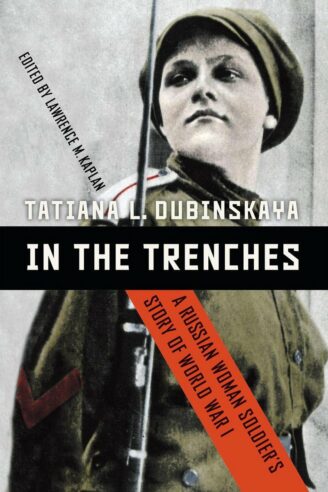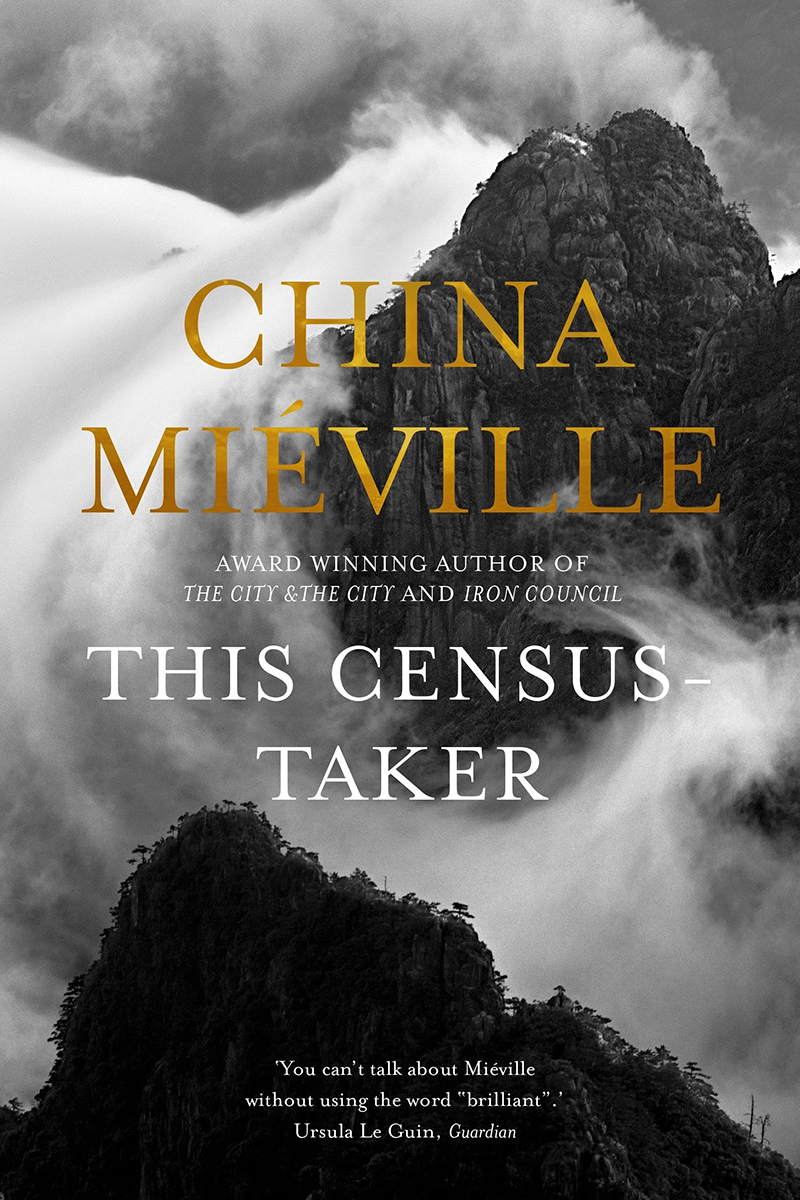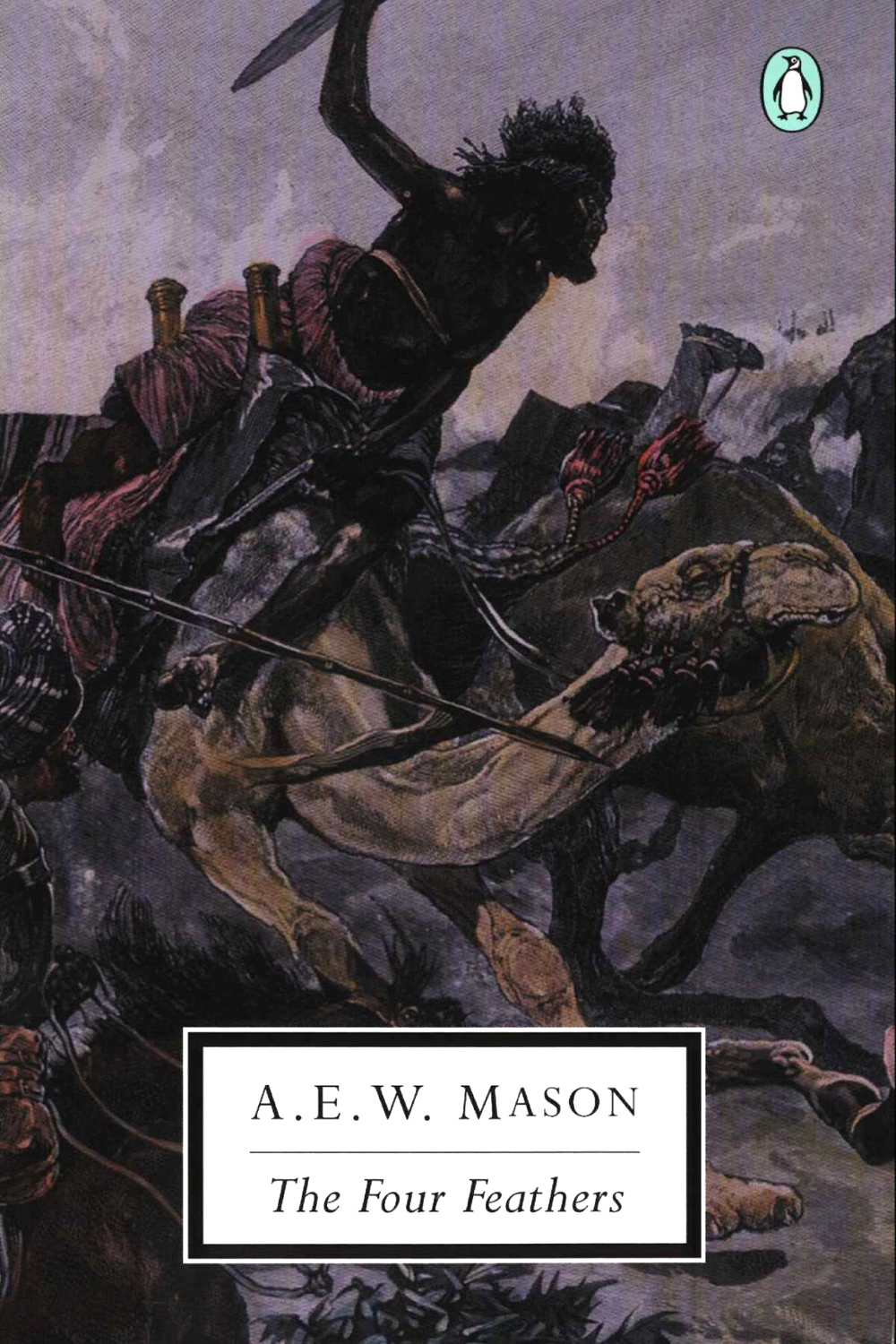War is a force that gives us meaning, and its allure can be intoxicating even as the slugfest devolves into slaughter. It usually kills plenty of men, but women are swept up in it too. In China there is the story of Hua Mulan, in England that of Sweet Polly Oliver, in France Joan of Arc, and in America Mollie Bean.
Here we shall discuss the story of Tatiana Dubinskaya, a woman who dressed as a man to fight in the tsar’s army in World War I. She wrote a semi-autobiographical novel In the Trenches, recently translated into English by Julia Lemberskiy.
Dubinskaya’s heroine is Zinaida Krimskaya, clearly a cipher for Dubinskaya herself, who joins the army after leaving her home in Kazan. The novel follows her experiences fighting the Austrians in Galicia (nowadays split between Poland and Ukraine) while at first hiding her sex, enduring war and the distant thrummings of revolution. The blurb on the cover compares the book to Erich Maria Remarque’s seminal antiwar novel All Quiet on the Western Front. A modern reader may also notice thematic similarities with David Diop’s At Night All Blood is Black (review here).
As a novel, In the Trenches is more than a little disjointed, going back and forth between different incidents in Zinaida’s time at war. One may come to perceive the narrative as somewhat cobbled together.
This is an accurate assessment, as the edition available in English is a composite of two different forms of Dubinskaya’s original novel, one rewritten to satisfy the Communist Party.
Much of the narrative is concerned with the vagaries of trench life. It is a putrid, dirty, miserable place when men butcher men in Galicia and one woman observes it. She observes the suffering of her comrades with a certain odd detachment, but also an ability to make your gut churn with discomfort. She will spare you from nothing.
I’m not sure how much of this is Dubinskaya and how much of this is Lemberskiy, but the writing here is very sparse, almost Spartan in its refusal to doll anything up. This is not the lush prose of Remarque or the wry wit of Vonnegut or Heller; it is an austere witness to murder on a horrifying scale.
In the Trenches is not a literary masterpiece, but it is interesting due to its perspective — geographically, naturally and in terms of gender. It is a worthy addition to the literature of the First World War.





